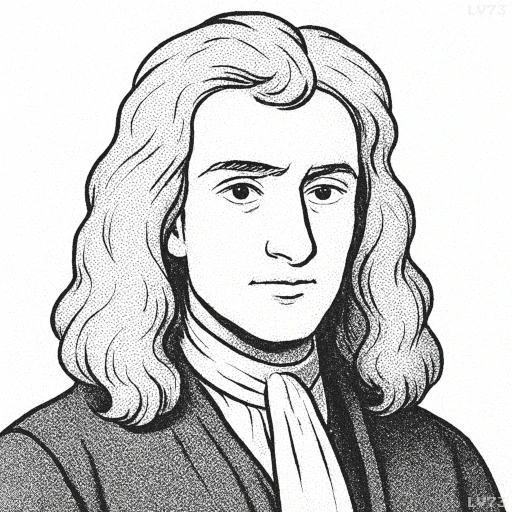“The Ignis Fatuus is a vapor shining without heat.”

- January 4, 1643 – March 31, 1727
- Born in England (UK)
- Natural philosopher, mathematician, physicist, astronomer, theologian
table of contents
Quote
“The Ignis Fatuus is a vapor shining without heat.”
Explanation
In this quote, Isaac Newton refers to the Ignis Fatuus, commonly known as “will-o’-the-wisp”, a natural phenomenon where a phosphorescent light appears in marshy areas or near decaying organic matter. Newton describes it as a vapor that shines but does not produce any heat. This phenomenon, often associated with eerie or supernatural stories in folklore, is actually a result of the chemical reactions of certain gases, like phosphine and methane, which emit light (a process called chemiluminescence) without producing heat. Newton’s description highlights his scientific approach to understanding the natural world—distinguishing between superstition and scientific explanation.
The Ignis Fatuus had been a source of mystery and superstition for centuries, often attributed to spirits or other supernatural causes. Newton, with his focus on empirical evidence and the application of natural laws, points out that the phenomenon can be explained by scientific principles rather than myth. He identifies it as a vapor—likely a reference to the gas emitted from decomposing organic material—that can shine due to chemical reactions, but does not emit heat, thus distinguishing it from other forms of light sources like fire, which give off both light and heat.
In modern terms, we now understand the Ignis Fatuus as a natural occurrence caused by bioluminescence or chemiluminescence in specific gases, which can occur under the right environmental conditions. Newton’s description was an early attempt to apply the principles of science and reason to phenomena that were once attributed to the supernatural, reflecting his broader approach to the natural world: seeking rational explanations for the seemingly mysterious and challenging prevailing myths with evidence and observation.
Would you like to share your impressions or related stories about this quote in the comments section?
